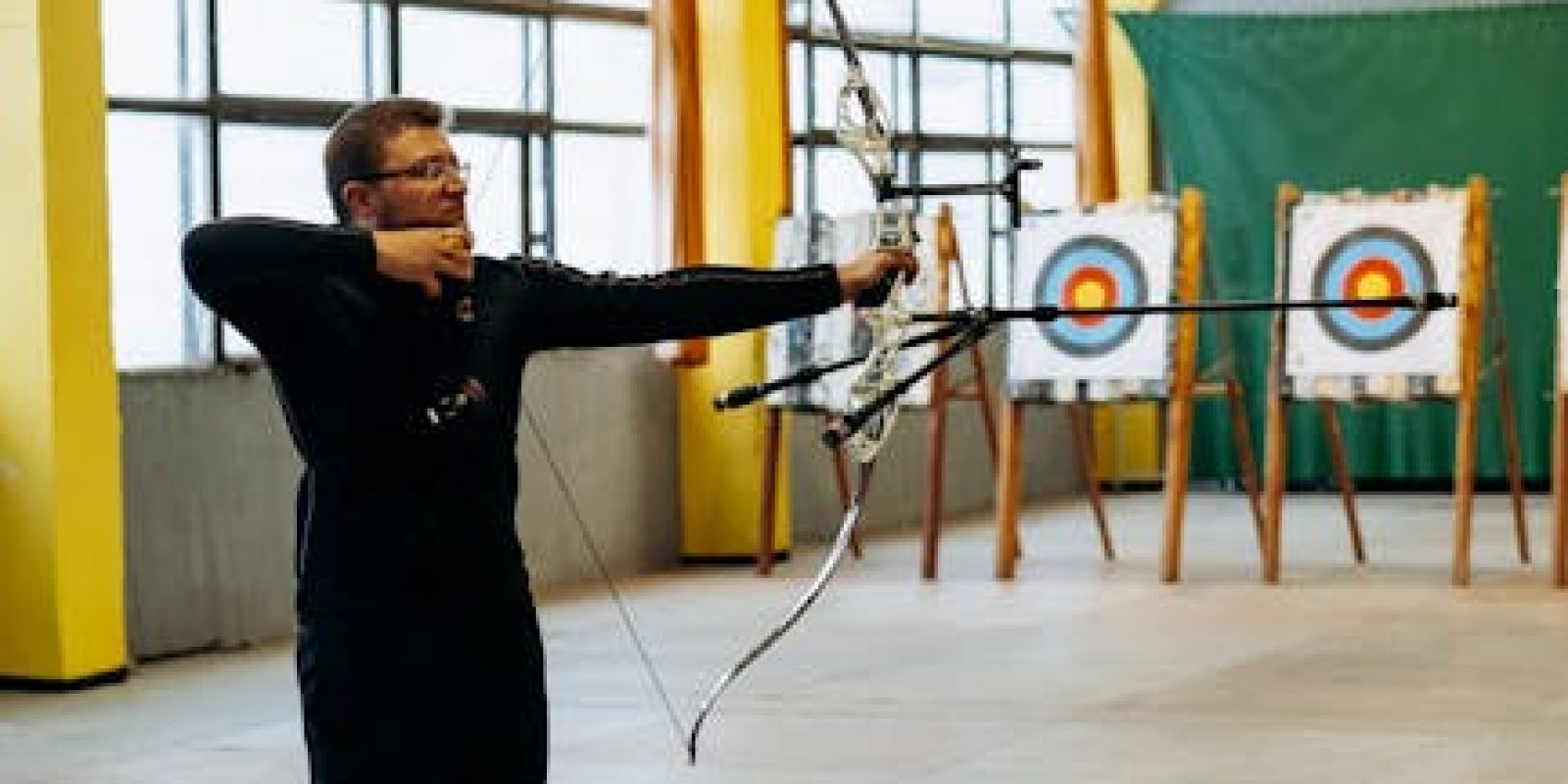The Role of Iron in Women’s Fitness: Fueling Strength and Vitality
Iron is a powerhouse nutrient that plays a crucial role in women’s fitness journeys. Whether you’re hitting the gym, running marathons, or just maintaining an active lifestyle, understanding how iron impacts your body can make all the difference. Let’s dive into why iron is essential for women and how you can ensure you’re getting enough of it in your diet.
Table of Contents
1. Introduction
2. Why Iron Matters for Women 🏋️♀️
3. Signs of Iron Deficiency in Active Women
4. Boosting Iron Levels: Tips and Tricks 🍏
5. Conclusion
6. FAQs
Why Iron Matters for Women 🏋️♀️
Iron plays a vital role in transporting oxygen throughout your body. This is especially important for women who engage in regular physical activities. Here’s why iron should be on your radar:
Energy Production: Iron is a key component of hemoglobin, the protein in red blood cells that carries oxygen to your muscles. More oxygen means better performance and endurance.
Muscle Function: Iron supports muscle metabolism and helps prevent fatigue, ensuring you can keep up with your fitness routine.
Immune System Support: An active lifestyle can sometimes stress your body, and iron helps keep your immune system robust and ready to fend off illnesses.
Signs of Iron Deficiency in Active Women
Iron deficiency is more common than you might think, especially among women. Here are some signs to watch out for:
Fatigue and Weakness: Feeling unusually tired or unable to perform at your usual level could be a sign of low iron levels.
Pale Skin: Iron-deficient individuals often have paler skin due to decreased red blood cell production.
Shortness of Breath: Struggling to catch your breath during workouts? Your body might not be getting enough oxygen.
Boosting Iron Levels: Tips and Tricks 🍏
Maintaining adequate iron levels is easier than you might think. Here are some strategies to help you up your iron intake:
Iron-Rich Foods: Incorporate foods like lean red meat, spinach, lentils, and fortified cereals into your diet. 🍖🥬
Vitamin C Boost: Pair iron-rich foods with vitamin C sources like oranges and bell peppers to enhance absorption. 🍊
Mind the Coffee and Tea: Consuming these beverages with meals can inhibit iron absorption, so enjoy them between meals instead. ☕
Conclusion
Iron is an unsung hero in women’s fitness, essential for maintaining energy levels, supporting muscle function, and enhancing overall health. By understanding its importance and ensuring you’re consuming enough, you can power through your workouts and daily activities with vitality and vigor. Remember, a little attention to your diet can go a long way in boosting your fitness goals.
FAQs
Q: How can I tell if I’m getting enough iron?
A: Regular blood tests can help determine your iron levels. If you’re experiencing symptoms like fatigue and paleness, consult your healthcare provider.
Q: Can I take iron supplements, and are they safe?
A: Iron supplements can be beneficial, but it’s best to consult with a healthcare professional before starting them to ensure the correct dosage.
Q: Are there plant-based sources of iron for vegetarians?
A: Absolutely! Foods like lentils, tofu, quinoa, and fortified grains are excellent vegetarian sources of iron.
Q: Is it possible to consume too much iron?
A: Yes, excessive iron intake can lead to health issues. Always aim for a balanced diet and consult with your doctor if considering supplements.
Q: How does menstruation affect iron levels?
A: Menstruation can lead to lower iron levels due to blood loss, making it even more crucial for women to monitor their iron intake diligently.



